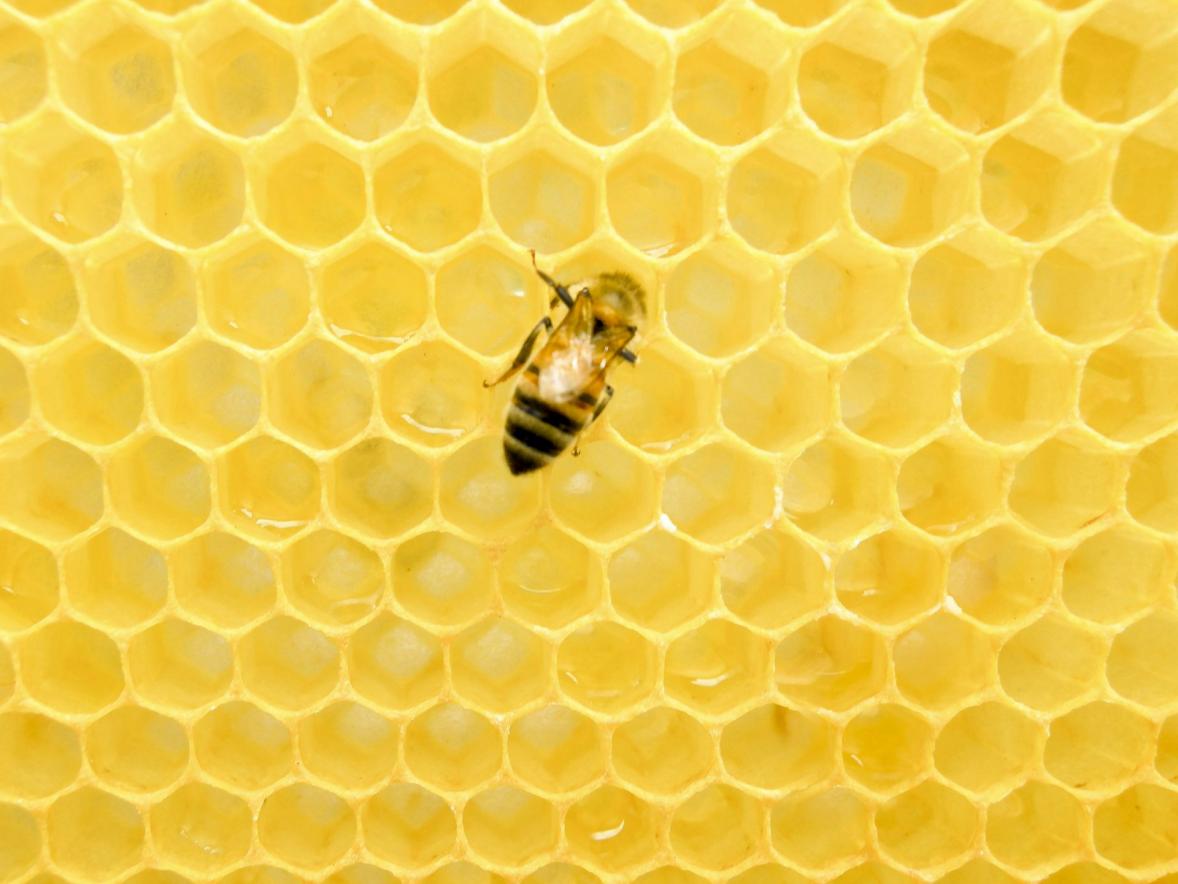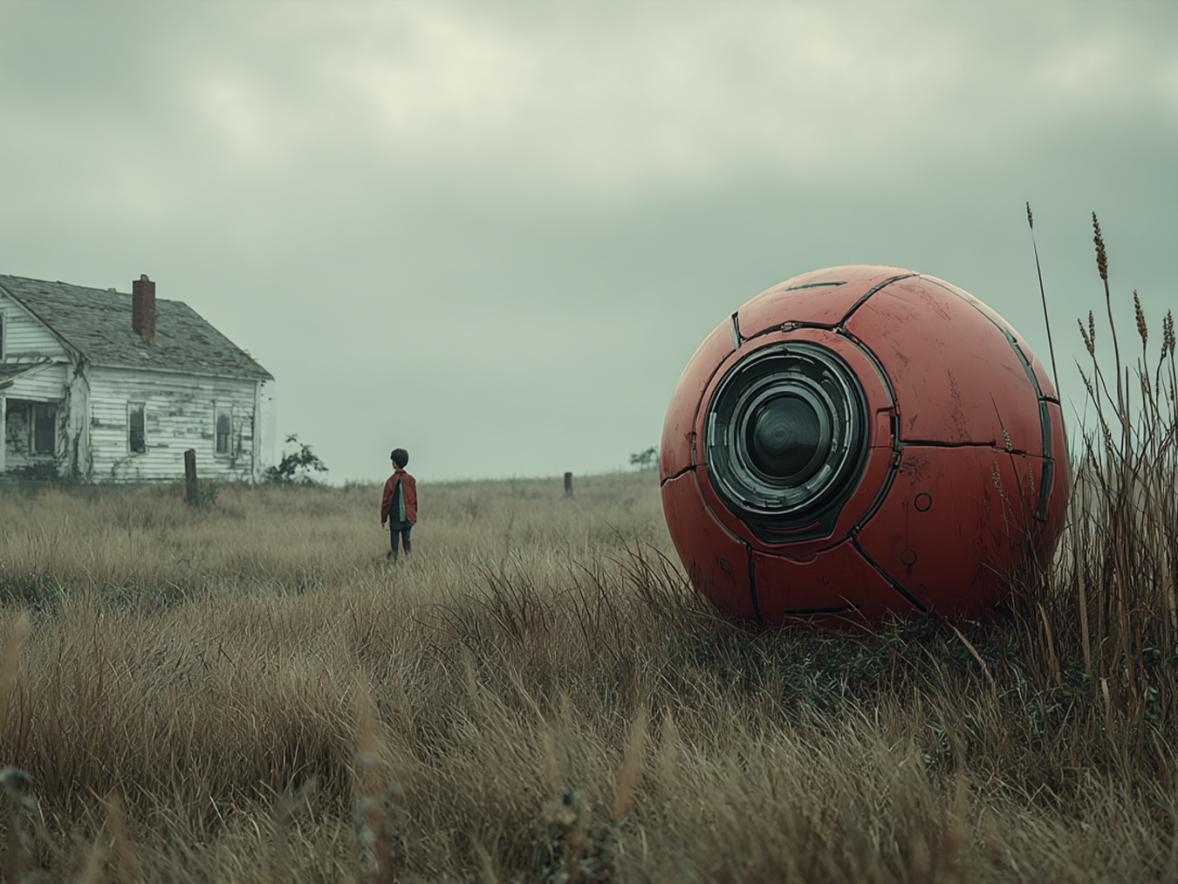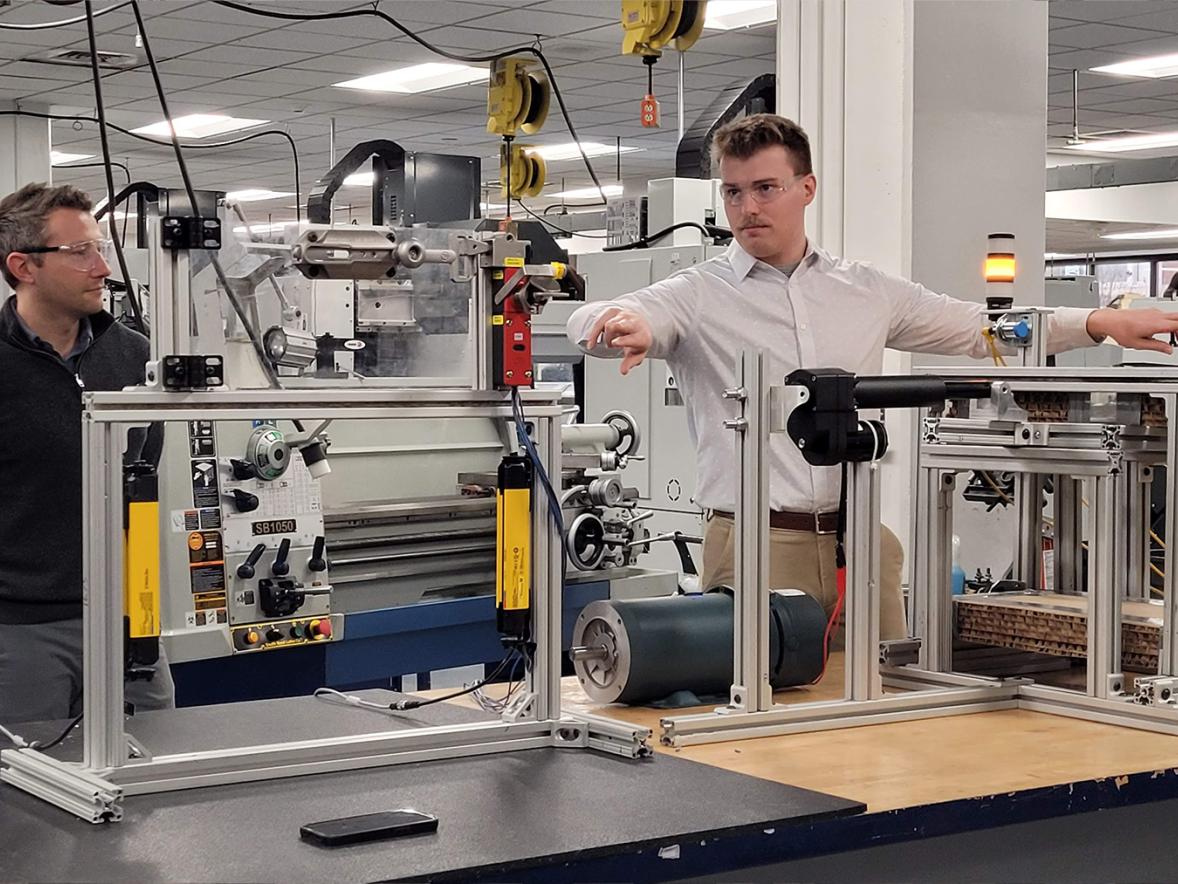Two University of Wisconsin-Stout associate professors are collaborating to help show how diverse fields of study can help resolve problems.
Nels Paulson, sociology, had a sabbatical last year to study how haute cuisine can empower biodiversity and communities, using Central Restaurante in Lima, Peru, as a case study.
Next academic year Devin Berg, mechanical engineering program director, will use his sabbatical to look at the challenges that must be met for farming to adapt to climate change and looking at smart farms that use technology to monitor precipitation, soil chemistry and soil temperature.
Berg and Paulson will present a poster at the Polytechnic Summit at UW-Stout on Tuesday, June 4. The summit is Monday, June 3, through Wednesday, June 5. It brings polytechnic academic professionals and community leaders together to build opportunities for collaboration and partnership on research and student learning and shape the future of polytechnic education.
Their poster will look at the collaboration of social science and engineering and how diverse backgrounds can resolve problems. Paulson made connections at last year’s Polytechnic Summit in Peru, which led to him and Berg collaborating. “As a sociologist, food is central to looking at society,” Paulson said.
One of the biggest concerns in the 21st century is globalization and how fast it is occurring. “What we need to do is have a more sustainable relationship with nature that is just and fair,” he noted.
Peruvian chef Virgilio Martínez owns Central Restaurante. The business is his workshop in the investigation and integration of indigenous Peruvian ingredients into the menu, which was the fourth-rated restaurant in the world in 2015. Martinez traveled throughout Peru to see how plants grew on different terrains. He incorporated that into the restaurant’s menu based on the altitude where the items were grown.
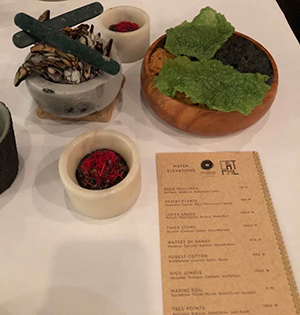 “Some dishes are meant to challenge the palate and not taste good,” Paulson said. “It really forces you to think about what you eat and where it comes from.”
“Some dishes are meant to challenge the palate and not taste good,” Paulson said. “It really forces you to think about what you eat and where it comes from.”
Martinez opened the restaurant MIL in Cusco, Peru, that serves dishes based on the ancestral cuisines of the Andes. He has worked with locals to integrate the restaurant into the community by learning their traditions and food traditions. Compost generated from the restaurant was designed as a potential energy source for two surrounding villages, Paulson said.
Paulson, who has researched what to do about the toxic blue-green algae on area lakes through the LAKES REU project, said an important part of the research is to integrate the community into the conversations, which is what LAKES and Martinez have accomplished.
LAKES is a summer research experience for undergraduate students at UW-Stout. The eight-week program studies issues related to cyanobacteria, commonly known as blue-green algae, in the Red Cedar watershed and how the compromised water quality affects quality of life in the region.
Peruvians are attempting to find protein sources, Paulson said. One potential is churo, a type of large snail. The goal is to farm the snails in a sustainable manner and find dishes to serve and integrate the food into the culture.
Berg said his research in Peru will be adaptable to Wisconsin, which is also facing challenges from climate change and competition from larger agricultural operations.
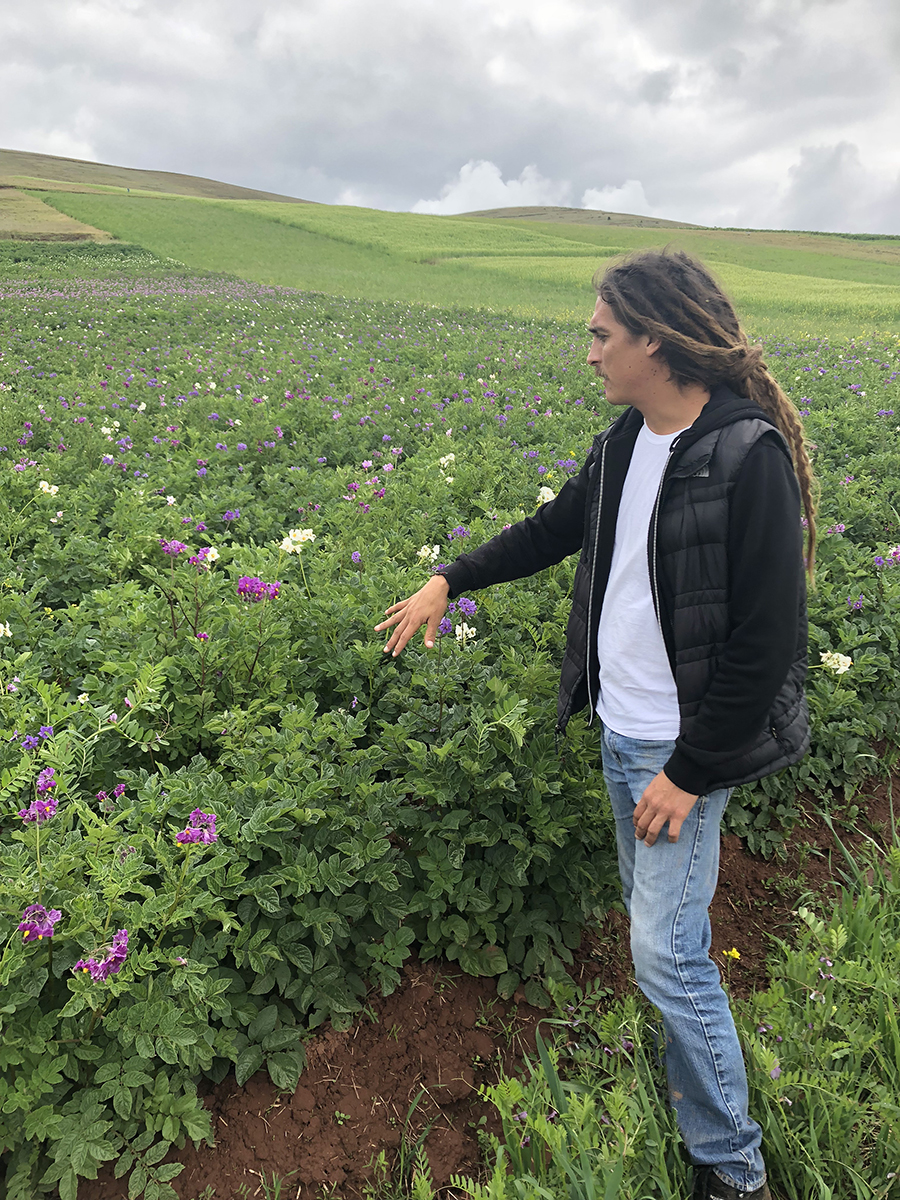
Locally he is working with Spring Hill Community Farm in Prairie Farm. The farm has been operational for 28 years and had to adapt to the changing market and environment. He will use that research as well as apply it to other small farms both in the U.S. and Peru.
Berg, who has been involved with Engineers Without Borders USA, an organization that solves problems through an engineering lens, said using robotics and other technologies to help agriculture adapt to the changing climate is part of his goal.
“In part that is our mission at the university to contribute to our region,” Berg said. “Agriculture is very strong in this part of the country.”
UW-Stout is Wisconsin’s Polytechnic University, with a focus on applied learning, collaboration with business and industry, and career outcomes.
###
Photos
Devin Berg
Paulson’s research used Central Restaurante as a case study.
Next academic year Devin Berg, mechanical engineering program director, will use his sabbatical to look at the challenges that must be met for farming to adapt to climate change and look at smart farms. Potatoes are a major crop in Peru.





